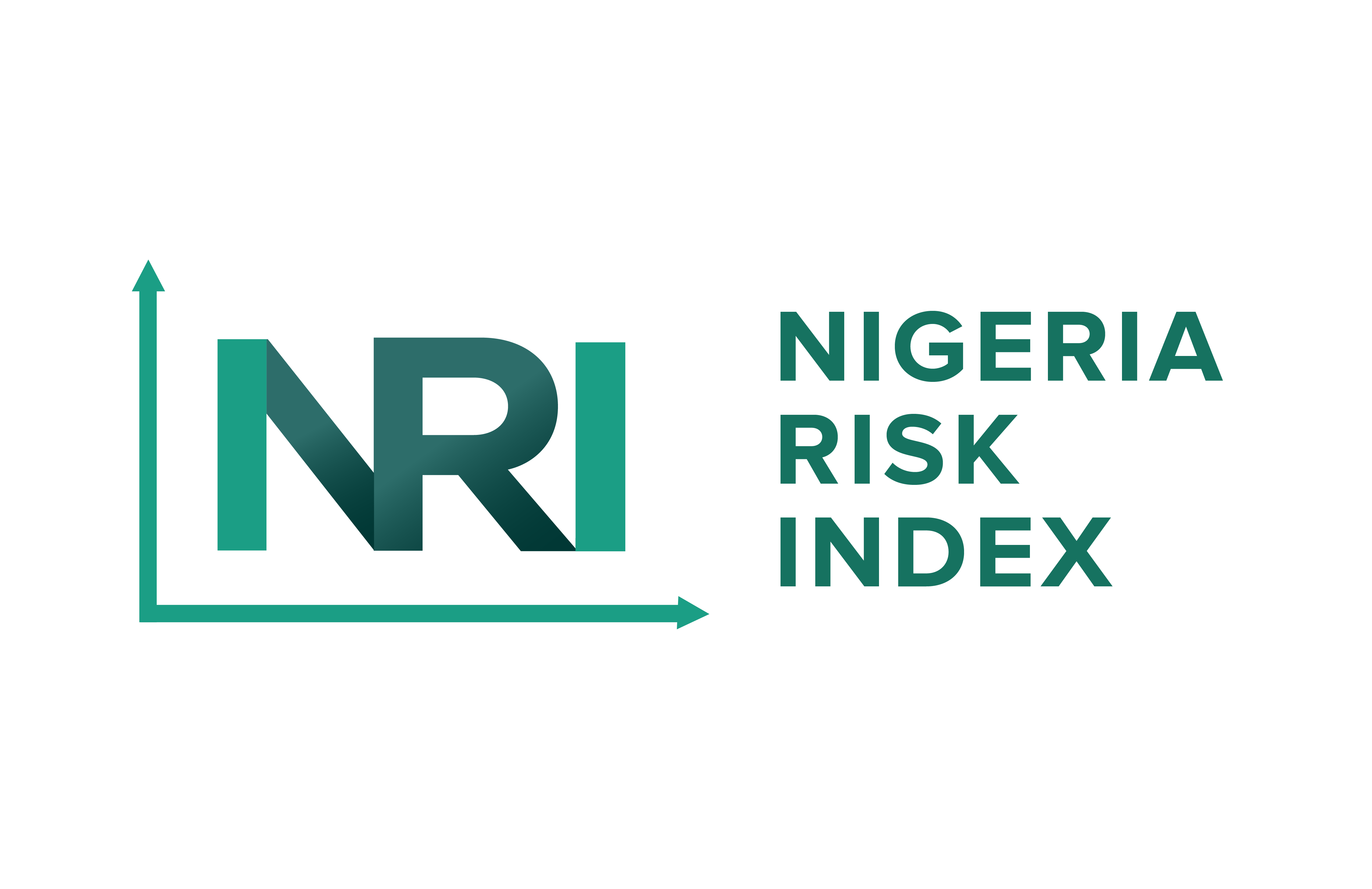Insights
"The true character of a society is revealed in how it treats its children." - Nelson Mandela
In 2025, over 40 million children under the age of 14 call Nigeria home. They represent our future - but also, increasingly, our most vulnerable demographic. As the nation marks Children’s Day, data from the Nigeria Risk Index tells a sobering story: from insurgency-hit classrooms in the North to urban slums where abuse and neglect thrive unnoticed, millions of Nigerian children continue to live at the mercy of conflict, poverty, and systemic failure.
According to recent NRI findings, incidents of child-targeted violence - including abductions, trafficking, and school attacks - have risen by 17% in the first four months of 2025 compared to the same period last year. In states like Kaduna, Zamfara, and Borno, over 300 children were affected by violent events between January and April alone.
While international protocols recognize education and safety as fundamental rights, too many Nigerian children are still denied both. In 2024, UNICEF estimated that over 10.2 million Nigerian children were out of school - a figure expected to rise due to ongoing displacement and insecurity in conflict-prone areas. Yet, beyond classrooms, threats continue at home and in communities:
- Sexual violence and exploitation cases involving minors have surged in IDP camps and rural zones.
- Child trafficking rings are becoming increasingly sophisticated, targeting vulnerable families with false promises.
- Forced child labor continues in informal sectors, from mining to street hawking - robbing children of both health and hope.
Nigeria has signed onto numerous child protection treaties, and federal/state agencies continue to champion the Child Rights Act (2003). However, only 27 of 36 states have fully domesticated the Act into law, and enforcement remains weak. Budgets for child protection are chronically underfunded, and data-driven interventions are rare outside of donor-led initiatives.
This Children’s Day should not just be marked by music and speeches - it should provoke a national reckoning: Are we truly building the most protected generation, or merely performing concern?
Real protection starts with visibility. Children must no longer be statistics hidden in dusty reports or political rhetoric. What’s needed now is a Child Safety and Security Framework that connects national security with child welfare - because when children are unsafe, so is the nation’s future.
Key reform pillars should include:
- Child-Sensitive Risk Indexing: Leverage NRI’s location intelligence to flag high-risk zones for child-related violence and design proactive responses.
- Community Protection Networks: Empower women, teachers, and religious leaders to detect, report, and disrupt abuse or trafficking patterns at the grassroots.
- Education as Security Infrastructure: Invest in making schools safer, not just with fences but with surveillance, psychosocial support, and partnerships with law enforcement.
- Digital Tracking of Missing Children: Develop national platforms for real-time reporting and search coordination, tied to border control and transport systems.
"Our children are watching. They see what we normalize - and what we change." - Dr. Amina Yusuf, Child Rights Advocate
If Nigeria is to survive its many challenges - economic, political, and security-related, it must begin by protecting its children not just on May 27, but every day. Celebrating Children’s Day without policy follow-through is not just symbolic neglect - it is national self-sabotage.
A safer Nigeria isn’t built from the top down; it begins where the next generation sleeps, learns, and dreams. Children’s Day 2025 should not just be about festivities. It should be a call to action. Every policy we make, every budget we approve, every strategy we deploy - must answer a simple question: "Is this making Nigeria safer for our children?"
Until we can say yes - with data to prove it - the celebration remains incomplete.
#ChildrensDay2025 #ChildProtection #NigeriaRiskIndex #SafeSchools #YouthSecurity #NRIInsights

The Risk Control Team
